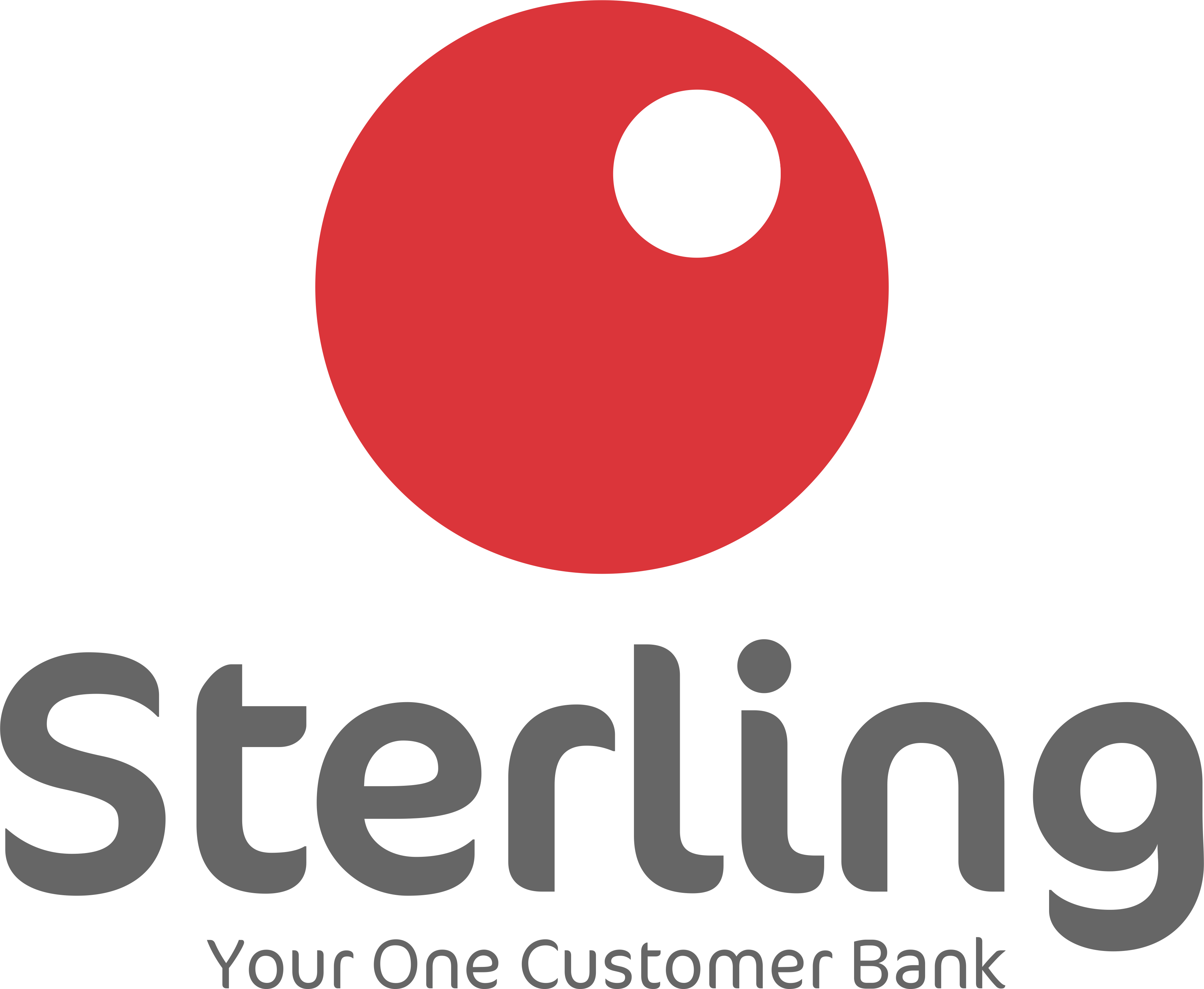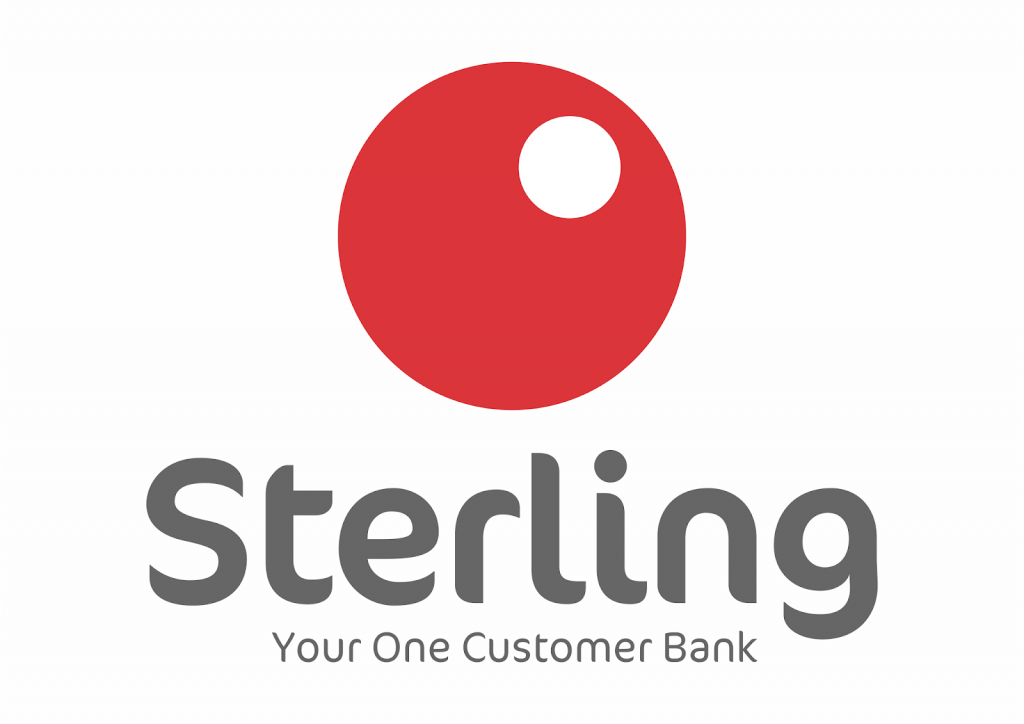
L-R: Executive Vice President, CNN International Commercial, Phil Nelson; Founder & CEO, Beyond Limits Africa and Non-Executive Director, Zenith Bank, Dr. Juliet Ehimuan; Managing Director/CEO, NIBSS, Premier Oiwoh; Executive Director, Zenith Bank, Mrs. Adobi Nwapa; Founder & Chairman, Zenith Bank, Jim Ovia, CFR; Governor of Lagos State, Mr. Babajide Sanwo-Olu; Group Managing Director/CEO, Zenith Bank, Dame Dr. Adaora Umeoji, OON; Executive Director, Zenith Bank, Mr. Akin Ogunranti; Executive Director, Zenith Bank, Mr. Louis Odom; Executive Director, Zenith Bank, Mr. Adamu Lawani; and Director, Information Technology Infrastructure Solutions, NITDA, Mr. Oladejo Olawumi during the Zenith Bank Tech Fair Future Forward 5.0 held at the Eko Convention Centre, Eko Hotels & Suites, Victoria Island, Lagos, recently.
A total cash prize of ₦140 million has been awarded to ten (10) African innovators to scale their transformative solutions after a keenly contested hackathon and pitch session at the Fifth Edition of the Zenith Tech Fair, themed “Future Forward 5.0: Tech for Success – Innovate, Adapt, Accelerate”, which held on Thursday, November 20, 2025, at the Eko Convention Centre, Eko Hotels & Suites, Victoria Island, Lagos.The 2025 edition of the Zenith Tech Fair featured an expanded, dual-competition structure that included a high-stakes Hackathon for product development and a Startup Pitch Competition for early-stage ventures, and drew participation from thousands of developers, founders, and entrepreneurs across the continent.The prize money was shared among ten finalists who emerged from the over 2,000 contestants that took part in the Zecathon. In the hotly contested final, two major winners emerged, each receiving the top prize of ₦30 million. The winner of the Hackathon, Trust Loop, clinched first place for its innovative solution that delivers seamless digital KYC and liveness verification. Simultaneously, the winner of the Startup Pitch Competition, Cubbes Technologies Limited, secured the top spot for its revolutionary AI-powered EdTech platform that enhances learning and career readiness.The remaining eight (8) finalists across both categories were equally recognised, each receiving ₦10 million in non-dilutive funding. They include Venille Ltd, Sowota, FLOW, InvoPay, Zenith Intelliscore, The Very Hacked Men, Konfam and Zerax. All ten finalists will also be entitled to a six-week mentorship and incubation programme designed to help them grow and scale effectively, and this will run from December 2025 to February 2026.The Group Managing Director/CEO of Zenith Bank Plc, Dame Dr Adaora Umeoji, OON, in her welcome address, thanked the Founder & Chairman, Dr Jim Ovia, CFR, for the visionary foresight that led to the creation of the Zenith Tech Fair. Commenting on the Zecathon, she said, “Our theme this year, ‘Tech for Success: Innovate, Adapt, Accelerate’, is very timely. To appreciate its urgency, it helps to reflect on the speed of human progress. According to the Harvard Business Review, it took humanity millions of years to master fire, yet only 66 years to move from the first powered flight to landing on the moon. The lesson is simple – the next technological breakthrough will not take a lifetime. It will emerge sooner than we expect and could come from any one of you in this room today. We are confident that this Tech Fair will produce innovators who will change the world, and we stand ready to support you to turn your ideas into reality.”In his Goodwill Message, the Founder and Chairman of Zenith Bank Plc, Jim Ovia, CFR, said, “This fifth edition reflects our unwavering commitment to create value through technology, innovation, and talent development. My vision is to continue to empower the youth through technology, with the hope that one day we will produce the likes of Bill Gates, Steve Jobs and Jeff Bezos.”Whilst delivering his goodwill message, the Governor of Lagos State, His Excellency, Mr Babajide Sanwo-Olu, called for increased technological empowerment initiatives to provide youths with adequate opportunities needed to thrive in the digital future. He said, “What I see happening here every year are things that we in leadership need to connect with. This is an activation that can bring life and real conversation to the young, dynamic, innovative, and creative young people that we have in this country. By 2050, half of the youth population in the world will be in Africa, and even in Africa, they will be in Nigeria, and if they are in Nigeria,
they will be somewhere in Lagos, and we need to be able to fish them out. We need to give them an opportunity and a space to fly. We want to make Lagos the human capital centre of the world, where Microsoft and Google will think of raising a million tech experts. That’s the kind of vision and opportunity we want to leave behind.”Hailed as a resounding success by participants, the Fair showcased cutting-edge demonstrations on the role of Generative AI, Agentic AI, and Cloud Computing in driving economic growth with Keynote addresses delivered by Sitoyo Lopokoiyit, Managing Director, M-PESA Africa; Jonas Kjellberg, Co-Creator, Skype and Dr. Shivagami Gugan, Chief Technologist for Middle East, Turkey and Africa, AWS.The event also featured goodwill messages by the National Commissioner, Nigeria Data Protection Commission, Dr. Vincent Olatunji, and the Governor of Niger State, His Excellency, Governor Mohammed Umaru Bago, ably represented by the Head of Service, Niger State, Mr. Abubakar Sadiq Idris.Another key feature from the tech fair this year was the robust exclusive masterclasses delivered by global technology and consulting powerhouses: McKinsey & Company, Huawei, Check Point, and Microsoft. These sessions covered critical topics from cybersecurity to advanced cloud solutions and disruptive technologies, equipping participants with world-class insights.Aside from the thrilling musical performance by Nigerian musician Spyro, the fair also featured dual-panel sessions that were very insightful and highly interactive. The panel sessions both had Zain Asher, CNN Anchor, as host, and featured high-level discussants including Adaora Nwodo, Founder & Executive Director, NexaScale; Aisha Tofa, Board Chair, Startup Kano Centre for Innovation Dev.; David Kpakima, Co-Founder, Rasab Group, Sierra Leone; Dr Stanley Jacob, President, FINTECHNGR; Iyinoluwa S. Aboyeji, CEO Future Africa; Gary Fowler, CEO & Founder GSD Venture Studios; Bradwin Roper, Chief Payments & Partnerships Officer at JUMO, and Mrs. Omoyemen A. Jide-Samuel, Director, Information Technology, CBN.Zenith Bank remains committed to fostering an ecosystem where innovation thrives, ensuring that the next generation of African tech leaders have the capital, mentorship, and resources required to achieve global scalability and impact.The Bank’s track record of excellent performance has continued to earn the brand numerous awards, including being recognised as the Number One Bank in Nigeria by Tier-1 Capital for the sixteenth consecutive year in the 2025 Top 1000 World Banks Ranking, published by The Banker and “Nigeria’s Best Bank” at the Euromoney Awards for Excellence 2025. The Bank was also awarded Bank of the Year (Nigeria) in The Banker’s Bank of the Year Awards for 2020, 2022 and 2024; Best Bank in Nigeria from 2020 to 2022, 2024 and 2025, in the Global Finance World’s Best Banks Awards; Best Bank for Digital Solutions in Nigeria in the Euromoney Awards 2023; and was listed in the World Finance Top 100 Global Companies in 2023.Further recognitions include Best Commercial Bank, Nigeria for five consecutive years from 2021 to 2025 in the World Finance Banking Awards and Most Sustainable Bank, Nigeria in the International Banker 2023 and 2024 Banking Awards. Additionally, Zenith Bank has been acknowledged as the Best Corporate Governance Bank, Nigeria, in the World Finance Corporate Governance Awards for four consecutive years from 2022 to 2025 and ‘Best in Corporate Governance’ Financial Services’ Africa for four consecutive years from 2020 to 2023 by the Ethical Boardroom
The Bank’s commitment to excellence led to Zenith being also named the Most Valuable Banking Brand in Nigeria in The Banker’s Top 500 Banking Brands for 2020 and 2021, Bank of the Year 2023 to 2025 at the BusinessDay Banks and Other Financial Institutions (BAFI) Awards, and Retail Bank of the Year for three consecutive years from 2020 to 2022 and 2024 to 2025. The Bank also received the accolades of Best Commercial Bank, Nigeria and Best Innovation in Retail Banking, Nigeria, in the International Banker 2022 Banking Awards, Bank of the Year 2024 by ThisDay Newspaper; Bank of the Year 2024 by New Telegraph Newspaper; and Best in MSME Trade Finance, 2023 by Nairametrics. The Bank’s Hybrid Offer was also adjudged ‘Rights Issue/ Public Offer of the Year at the Nairametrics Capital Market Choice Awards 2025.Zenith Bank has also bagged several non-financial awards, including Most Responsible Organisation in Africa, Best Company in Transparency and Reporting and Best Company in Gender Equality and Women Empowerment at the SERAS CSR Awards Africa 2024
Post Views: 332


 Sterling Bank Plc. in partnership with StearsData, has released an in-depth report for the agriculture sector in Nigeria. The report titled Agriculture Industry Report 2021 provides the most up-to-date view of the challenges and opportunities in Nigeria’s agriculture sector in a COVID-19 era.
Sterling Bank Plc. in partnership with StearsData, has released an in-depth report for the agriculture sector in Nigeria. The report titled Agriculture Industry Report 2021 provides the most up-to-date view of the challenges and opportunities in Nigeria’s agriculture sector in a COVID-19 era.
 Tier one lender, Fidelity Bank Plc, has announced the completion of the tenure of Mr. Mustafa Chike-Obi as Chairman of its Board of Directors effective December 31, 2025, and the appointment of Mrs. Amaka Onwughalu as the new Chairman of the Board, effective January 1, 2026.
Tier one lender, Fidelity Bank Plc, has announced the completion of the tenure of Mr. Mustafa Chike-Obi as Chairman of its Board of Directors effective December 31, 2025, and the appointment of Mrs. Amaka Onwughalu as the new Chairman of the Board, effective January 1, 2026.

 ….Wins Best Bank in Nine out of 20 African Subsidiaries
….Wins Best Bank in Nine out of 20 African Subsidiaries










